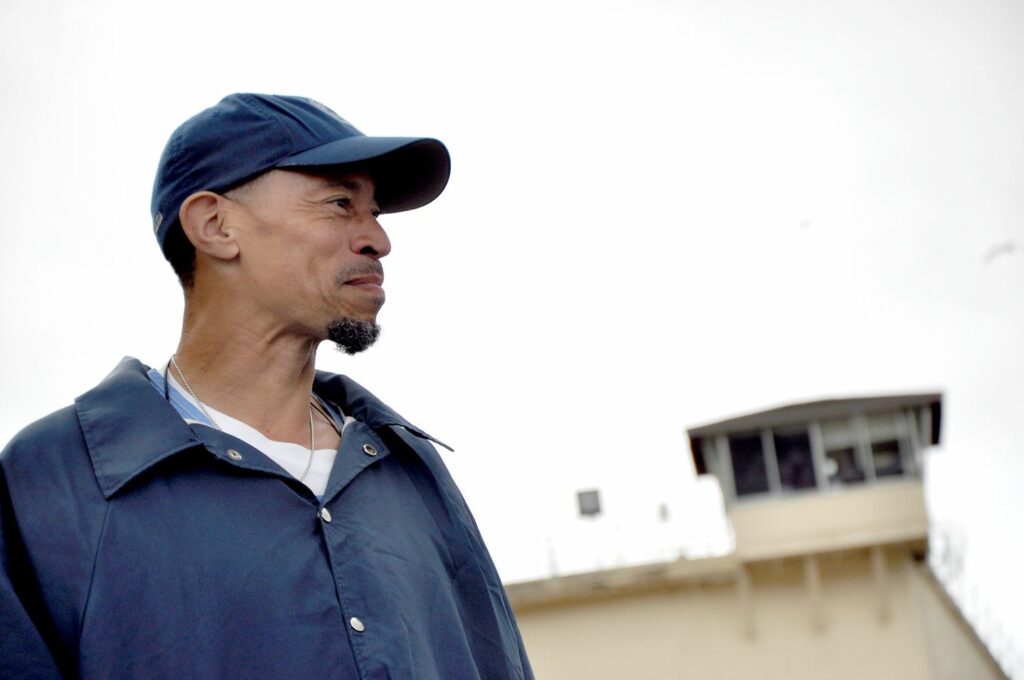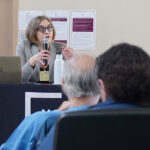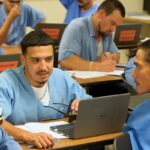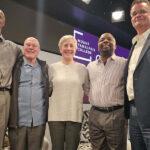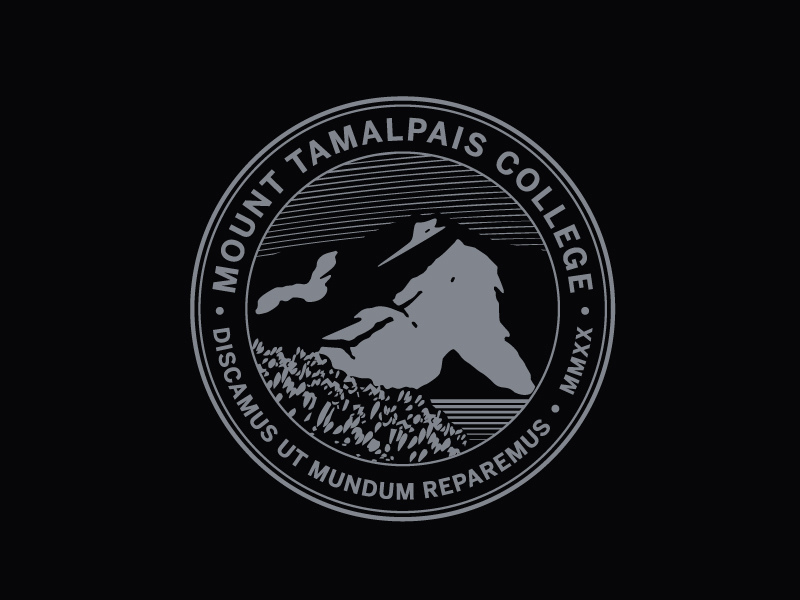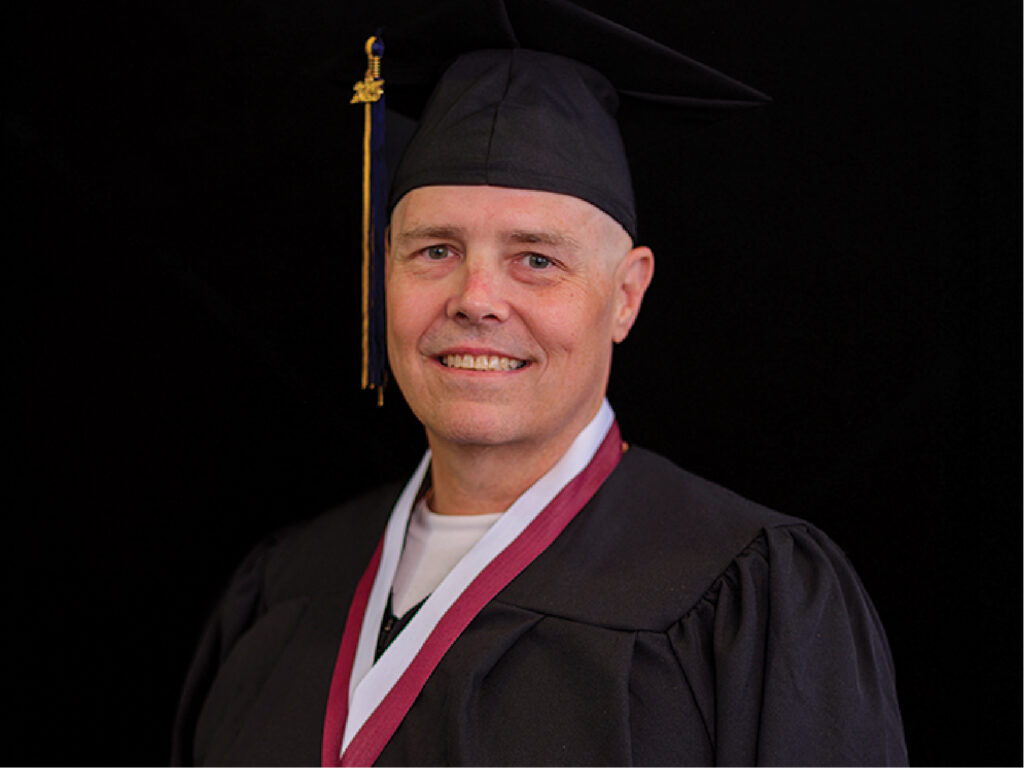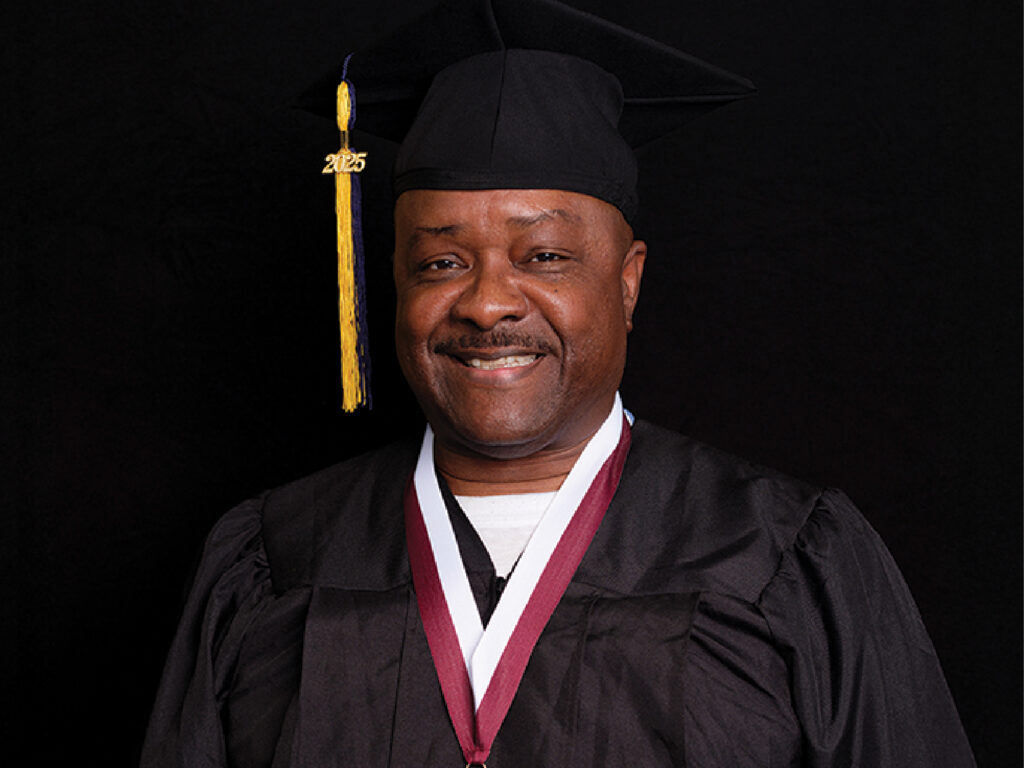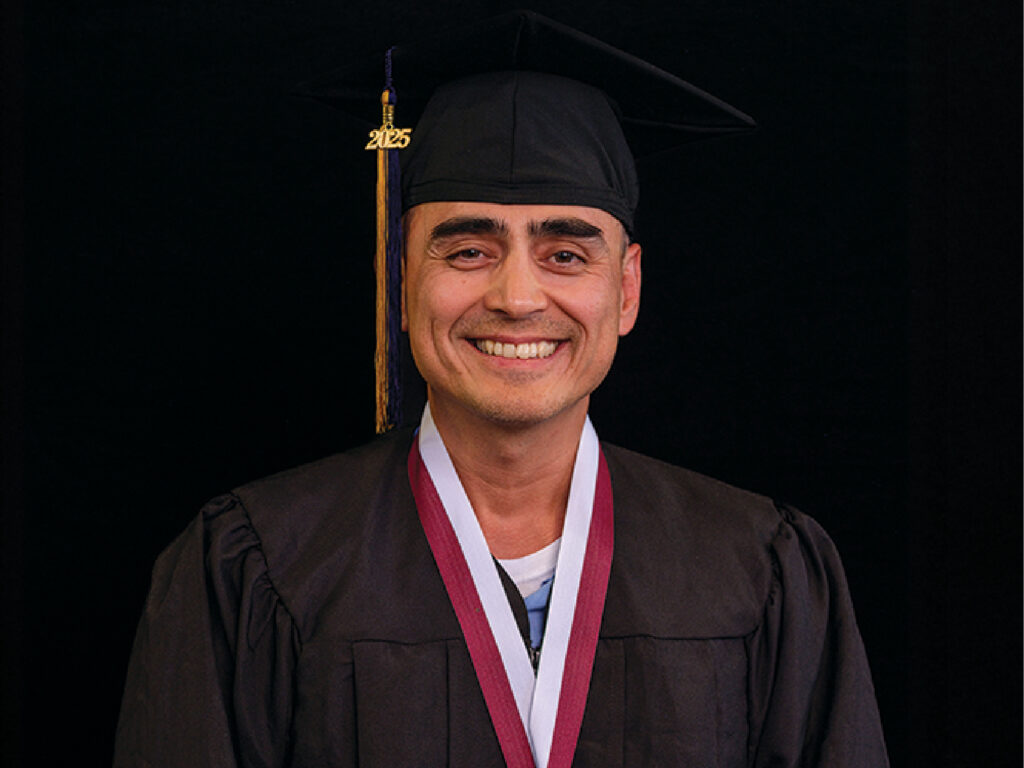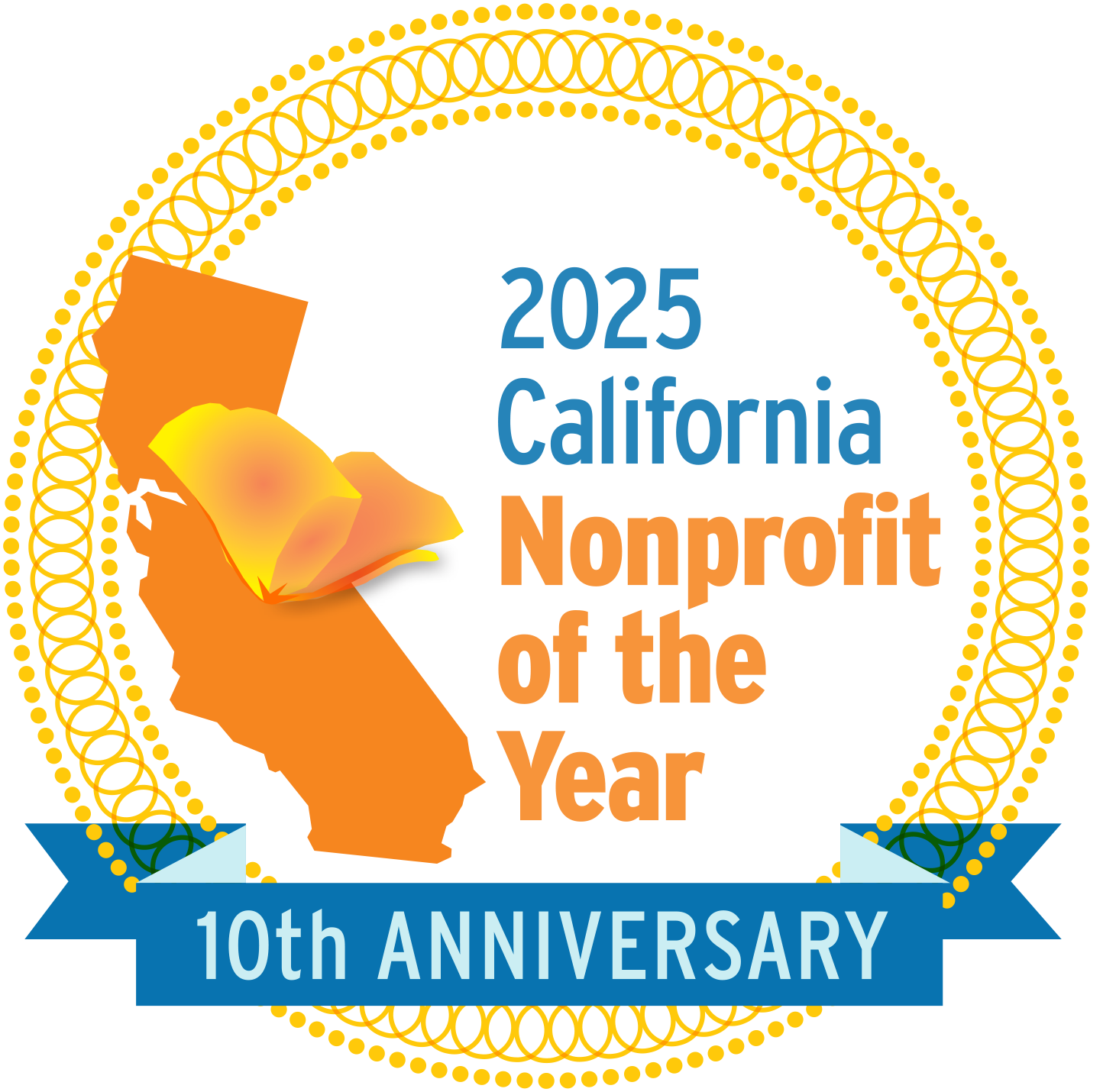This article was originally published in the Boston Globe on August 15, 2021. Read story.
Remorse. I killed a man and critically wounded another in broad daylight over a duffel bag of marijuana and to protect a friend, and I didn’t feel remorse.
Webster’s defines remorse as “a torturing sense of guilt for one’s actions,” which I took to mean actions that were wrong. I felt like what I did was a right of survival, so why should I feel remorse?
Even after being arrested, found guilty of second-degree murder, and sentenced to 55 years to life 21 years ago, when I was 29, I didn’t feel remorse. I felt stupid. Stupid for getting caught. Stupid for valuing my thug ego over my freedom so I could raise my sons. Stupid for being willing to spend more on lawyers than the value of the weed the armed guys I shot tried to steal. Stupid for not having enough money saved up to hire the right legal team.
In prison, I aged out of a criminal mentality by the time I was 40, but I still hadn’t developed empathy for the men I left lying in pools of their own blood. I othered all of them as bullies and thugs who had it coming. A million years in prison wasn’t going to change that. Prison is for punishment, not addressing childhood trauma.
I lost my empathy growing up in the segregated Brownsville section of Brooklyn. The neighborhood, a collection of 21 housing projects, was 78 percent Black and 21 percent Puerto Rican. It felt like anybody — cop, neighbor, or stranger — could kill you and the system wouldn’t do anything about it.
I lived in this environment with a complexion so light, people called me “White Boy.” There was malice in the way they said it. But I was just a kid, and like any kid anywhere, I rode skateboards, collected Marvel comics, played video games, Dungeons & Dragons, and baseball, and watched “Star Trek.” I kept getting beat up and robbed, and the police never solved any of the crimes.
When I was 17 years old, a local teen shot my 14-year-old brother while I ran. Six months later, that teen stood on a corner, waving the same gun at me. That night, I stopped collecting comic books, went to a kid who sold drugs, and borrowed a gun. It was for future protection, for revenge and respect, and for my ego.
I did skid bids — short stints in jail for violent offenses — in New York until a court in Los Angeles sentenced me to life. I spent the first 13 years in prison blaming my victims, the courts, and the police for my choices. Because I’d been robbed by two armed men and had shot them in self-defense, I justified the homicide. I ignored the fact that I fled the scene, refused to snitch, and left a man to die and the police to clean up my mess. In court, I ignored the prosecution’s argument that life is more important than property, even though the property was a duffel bag of contraband.
My mindset and whole life changed once I reached San Quentin State Prison, which allows volunteers — there are approximately 3,000 — from outside prison to come in and work side by side with incarcerated men like me. They facilitate programs, like the San Quentin Newspaper, the “Ear Hustle” podcast, “First Watch” video team, college classes, yoga, computer coding, self-help, arts, and more. In one of the programs, I met a Black mother who reached my heart and changed it forever.
A violence-prevention self-help group named Guiding Rage Into Power invited Ayoola in as a guest speaker. She told us about a son of herswho was shot as he sat in a car. He lived, but nightmares haunted him. A year later, her other son was murdered. She spoke with a quiet dignity, tears rolling down her face. Seeing her pain in person, I sobbed and felt remorse for the first time.
Prior to that epiphany, violence had seemed to me like a video game. I had fired some shots, men fell down, and I ran off without ever seeing their blood, or the paramedic trying to save them, or the police telling another mother her son is dead. Seeing the consequences of actions like mine in the person of a still-grieving mother was harder for me than awaiting the jury’s verdict or serving life in prison.
Hearing Ayoola’s story awoke my empathy. I will never hurt another human being again.
Rahsaan Thomas, who is incarcerated in California’s San Quentin prison, is the co-host and co-producer of the Pulitzer Prize-nominated and DuPont Award-winning podcast “Ear Hustle,” as well as a contributing writer for The Marshall Project, Current, and San Quentin News.
